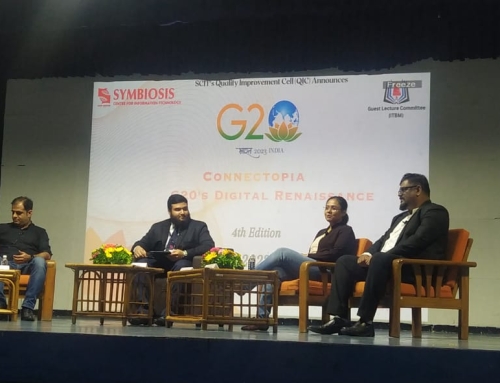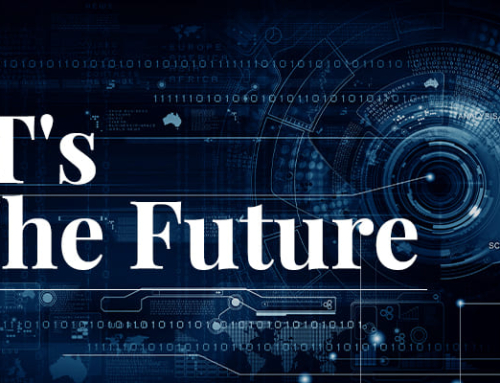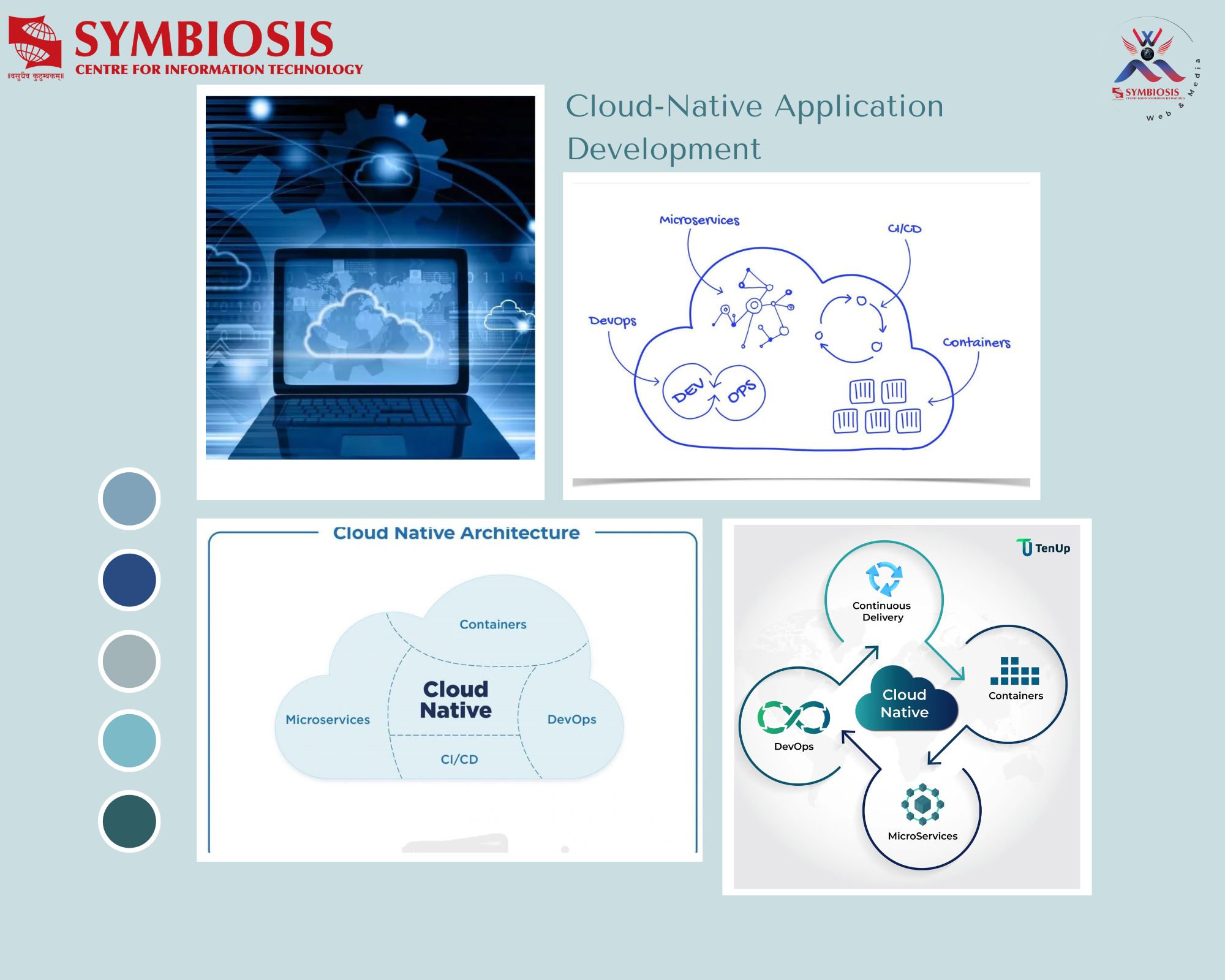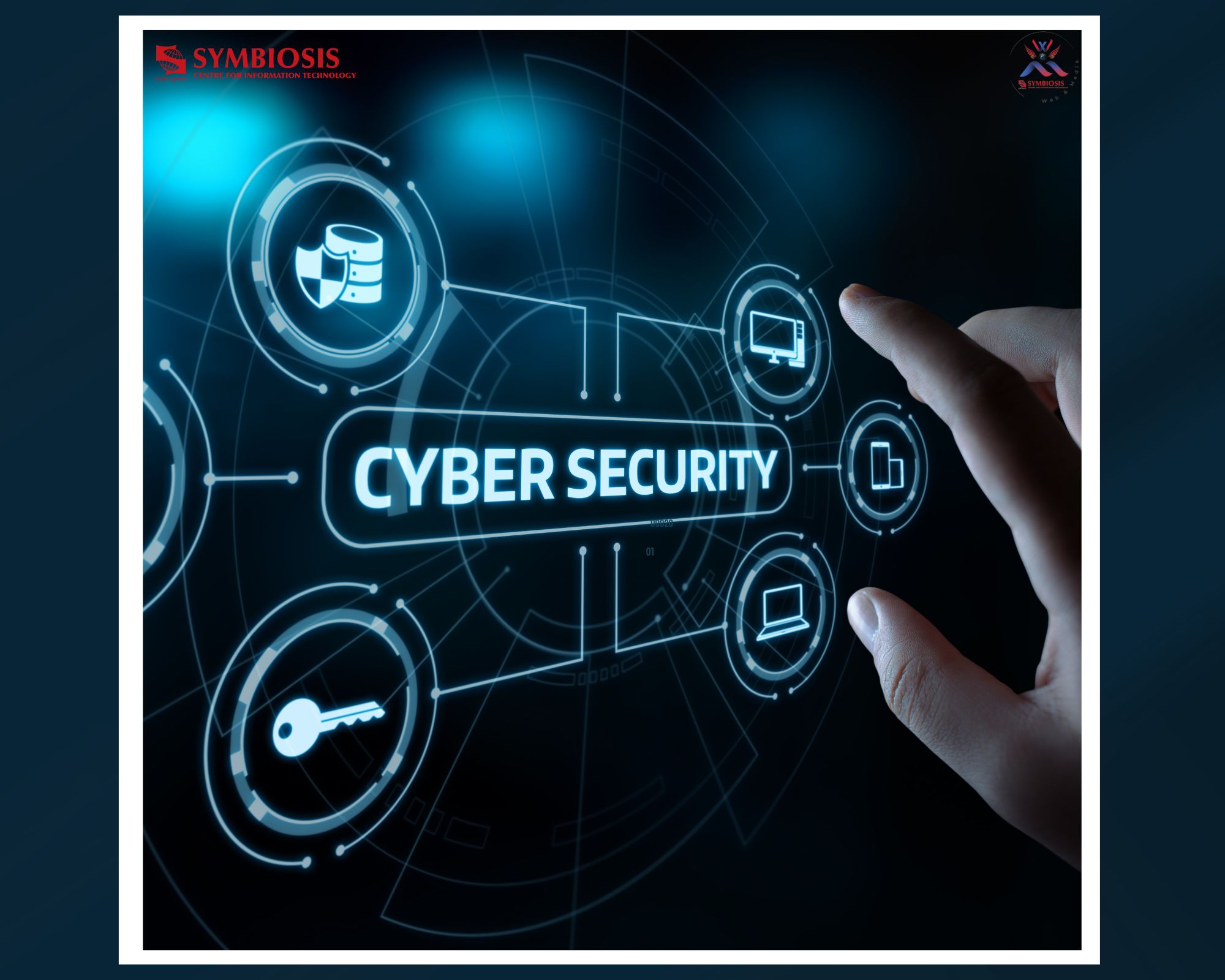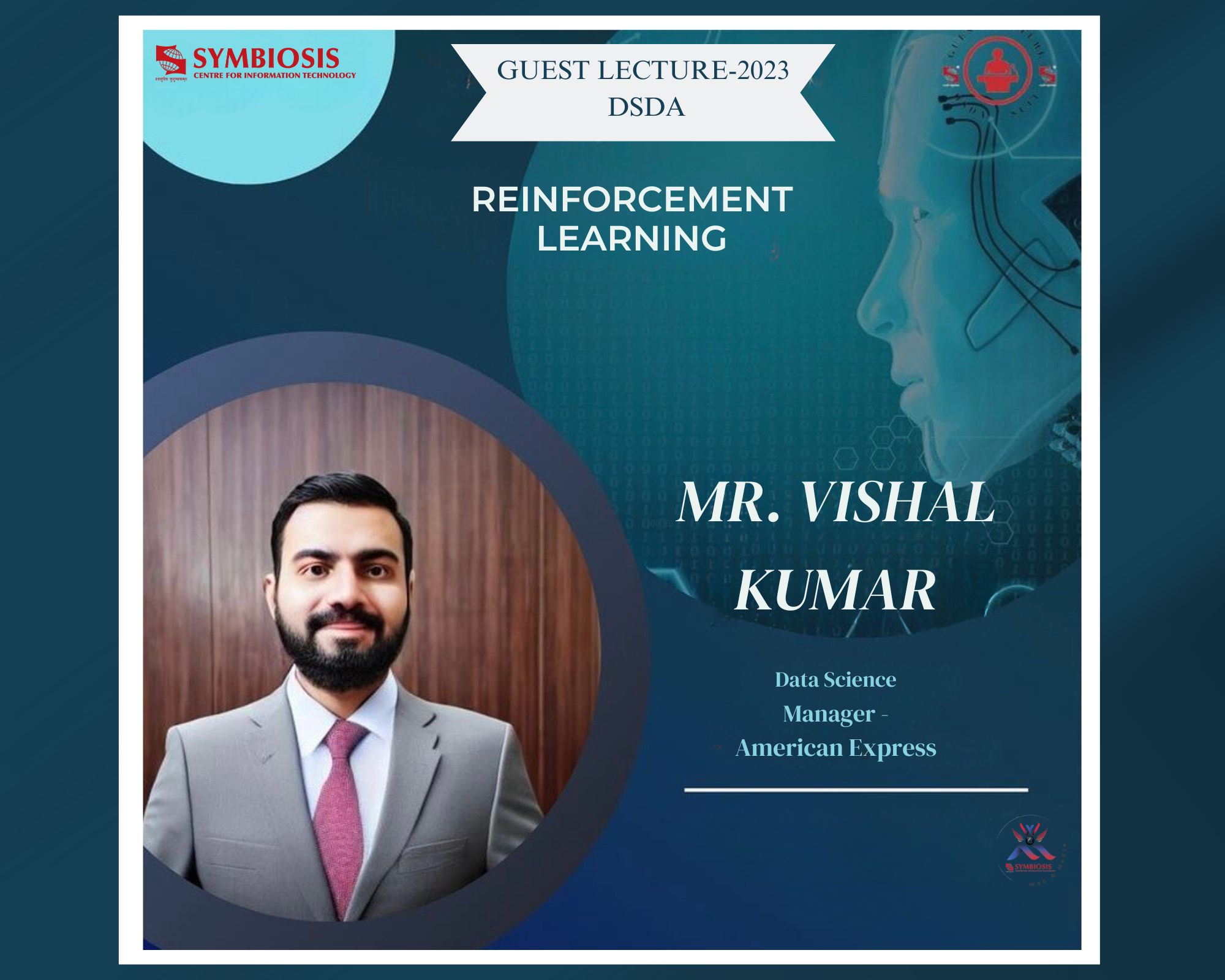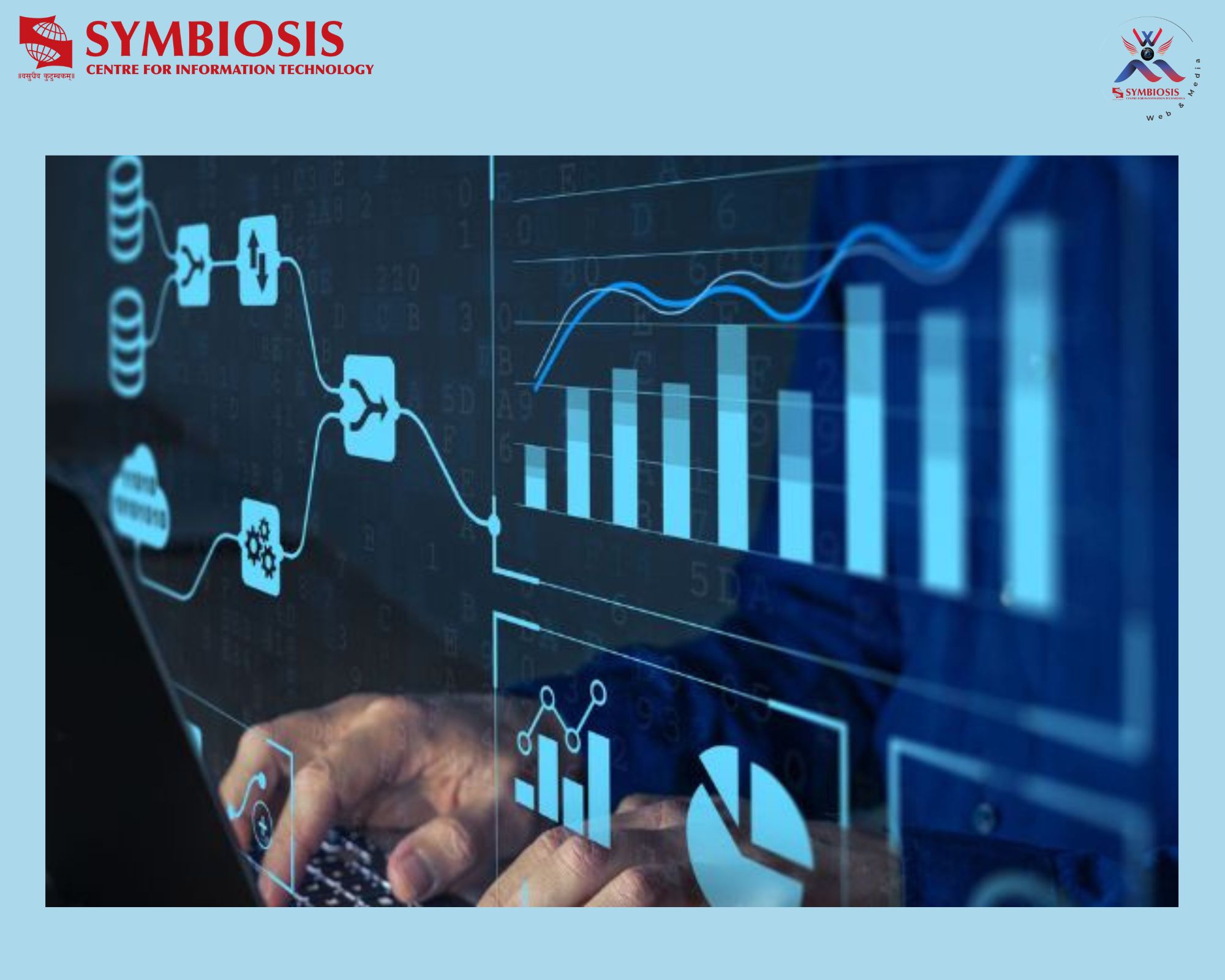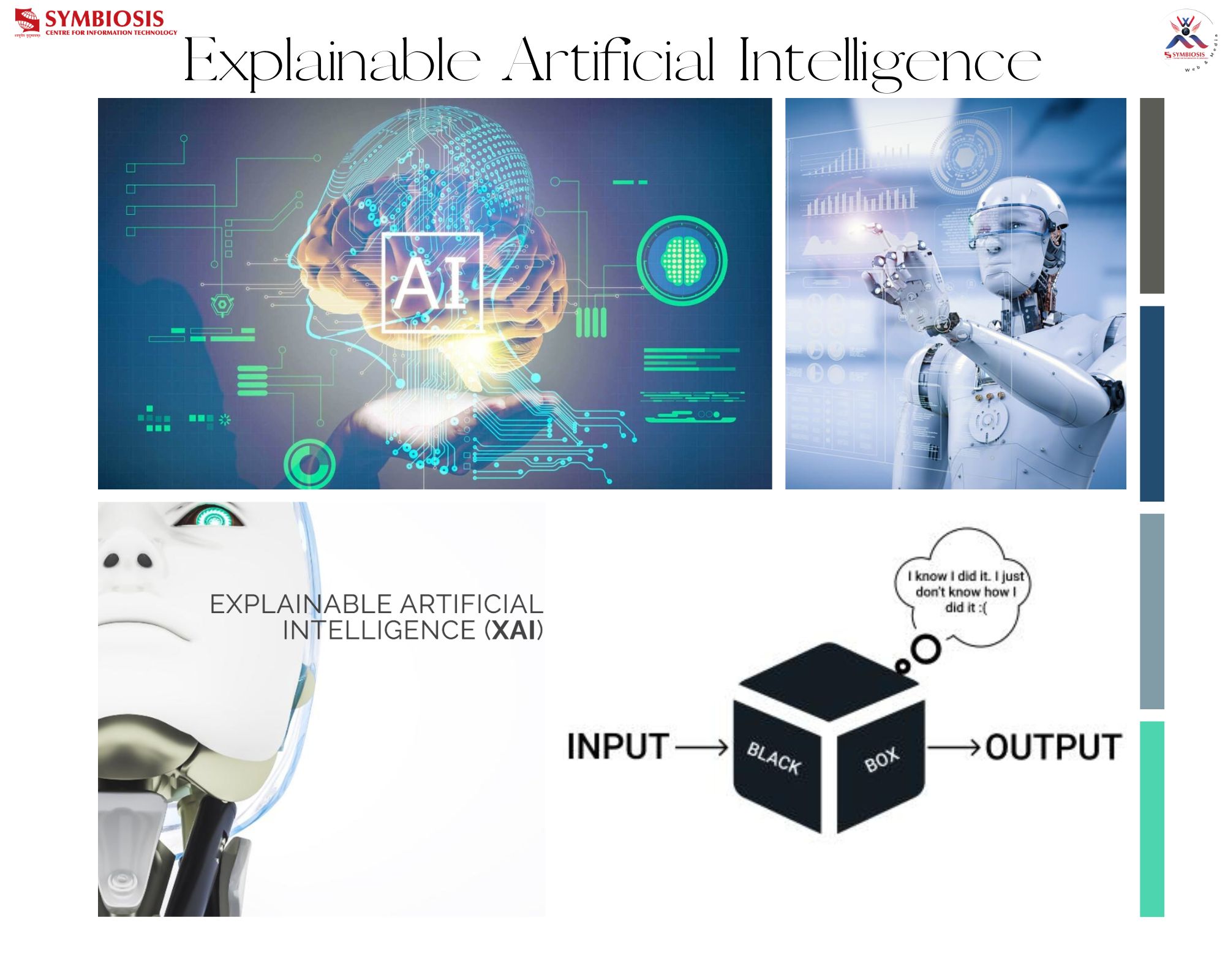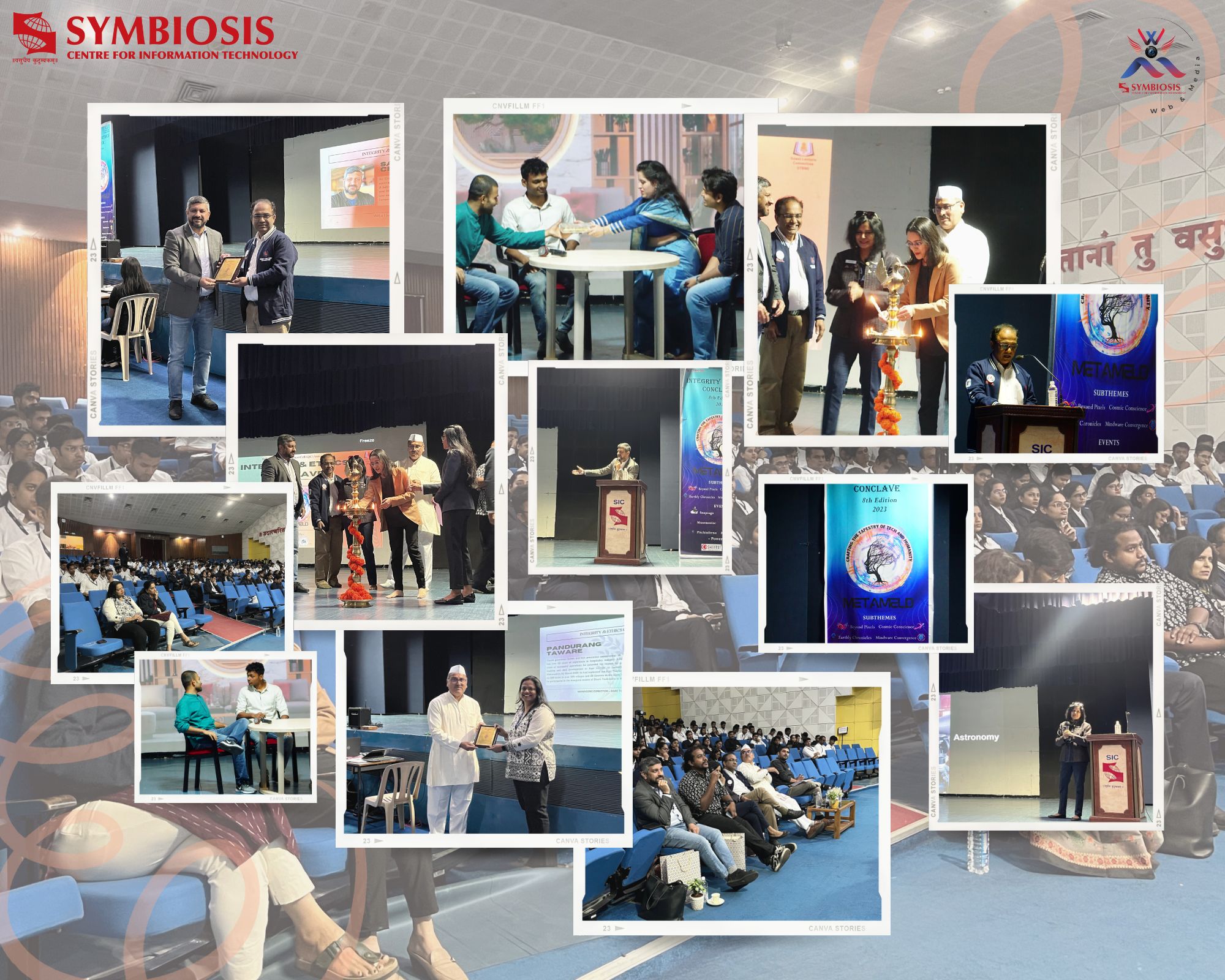The Future of Information Security

The Future of Information Security
Companies all over the world are investing in capturing information and gathering insights with analytics. However, the challenge in doing so is that some organizations acquire tools without updating their security, which ultimately leads to data leaks.
Overcoming this challenge has resulted in the demand for ‘Infosec’ experts who bring a deep understanding of the technical aspects of analytics, information, and their market implications.
With these professionals, organizations can make smarter investments and achieve success in IT-driven projects.
This demand has made the roles of information security experts & data analysts the most desired jobs in the world. About 40% of these professionals have a master’s degree like an MBA in Information Technology, which gives them an edge over their competition.
What is Information Security?
Information Security entails intercepting illegal access, disclosure, customization, removal or recording of valuable information. The information itself can be in any form, physical or electronic — for example, social media details, files in your laptop, biometrics, etc.
Information Security Covers areas such as Mobile Computing, Cryptography, Cyber Forensics, Digital Social Media Security, etc.
There are three pillars to information security. These are –
- Confidentiality – Information should not be disclosed to unauthorized people, organizations or processes.
- Integrity – Information, once collected, should be provenly accurate and must not be edited in any unmandated ways.
- Availability – An infosec expert must ensure availability of data whenever needed.
A large number of companies today are moving to systems which allow them to use computers to sift through numerous amounts of information. An example of such a system is the enterprise flash system, which uses algorithms to find the connections that will most help their organization in reaching their goals.
The development of machine learning across many industries is growing and is touted to play a key role in how businesses are run in the future.
Owing to the undeniable value and merits information brings to any organization, the demand for professionals with the skills to protect the data is going through the roof. Recently, there has been a hike in education institutes offering master’s programs in information technology as well.
Future Trends in Information Security –
Subject to innovations, the world of Information Security is expected to see the rise of four core trends – 1) Blockchain, 2) Increasing role of AI (Artificial Intelligence), 3) Crowdsourcing, 4) Global cybersecurity cooperation.
Blockchain
Blockchain is a result of years of research and development and has withstood numerous attacks. Thus, demonstrating their trustworthiness (for example, the Bitcoin infrastructure). In several cases, entire companies and countries have decided to rely solely on blockchain to safeguard their information infrastructure.
Countries such as Estonia and companies such as Lockheed Martin have recently presented their plans to rely on scalable blockchain tech to prevent cyber-attacks and data leaks. The founder of a company offering password-free blockchain verifications has famously stated – “No matter how much money you spend on security, all efforts are in vain if customers and employees use passwords that are easy to crack. Blockchain takes full responsibility for strong authentication, resolving the single point of attack at the same time. Also, the decentralized network helps us to provide consensus between parties for their identification.”
2) Increasing the role of Artificial Intelligence
AI allows cybersecurity vendors with an opportunity to enhance the resilience of their computing infrastructure. Take for example, Darktrace, a UK-based cybersecurity organization, which uses machine learning to check the state of a network and reports anomalies on a real-time basis. Another example is Hexadite, which uses AI to monitor alerts and respond to information security weaknesses.
Taking into consideration, the skyrocketing growth in the number of organizations offering cybersecurity based on AI, the technology becoming omnipresent in industry 5.0 is a certainty.
3) Crowdsourcing
The collection, as well as processing of massive amounts of information requires tremendous effort. Thus, several organizations are choosing to harness the crowd wisdom by outsourcing tasks to digital communities. As compared to conventional service suppliers, crowdsourcing is cheaper and faster. Thus, enabling organizations in integrating information security infrastructure at lower costs and higher speeds.
Two of the most commonly crowdsourced tasks today are reporting of information security weaknesses or testing software for potential vulnerabilities. Websites such as crowdsourcedtesting.com and bugfinders.com already have a global community of more than one lakh users across 145 countries. And if the reports are to be believed, the rise of crowdsourcing in information security will only rise in the foreseeable future.
4) Global cybersecurity cooperation
The increasing discussion amongst European Union nations to initiate an international legal framework to collaborate by sharing data regarding cybersecurity incidents might culminate into a cybersecurity network shared by many countries. For instance, the SWIFT Information Sharing and Analysis Centre is a brilliant example of a global cybersecurity initiative. Launched back in 2017, the initiative has since aimed to facilitate access to infosec intelligence and enhance cyber-defence mechanisms.
Cheri McGuire, the Chief Information Security Officer of Standard Chartered Bank has shared her thoughts on SWIFT – “Standard Chartered Bank welcomes the introduction of the SWIFT ISAC portal as a useful complement to information sharing efforts across the industry.”
Although the future of infosec will include these four pillars, it’s not necessary that a company only uses 1. On the other hand, many companies will probably use two or more of these trends to ensure the highest level of security in the age of democratized information. For example, a company can use AI to detect weakness, and crowd testing to help find a solution. Furthermore, the company can store finding using a decentralized blockchain network and share the findings globally.
With an MBA in Information Technology, students obtain an in-depth understanding of topics like machine learning by exploring their historical and theoretical applications to business problems alongside hands-on learning. Equipped with cutting-edge skills, students then become industry ready to aid organizations in producing actionable insights that are aligned with business goals in some of the following roles:
- IT Advisor
- Risk Consultant
- Data Centre Manager
- Business Analyst
- Infosec Expert
We wish you the best for your dynamic career in information security.

